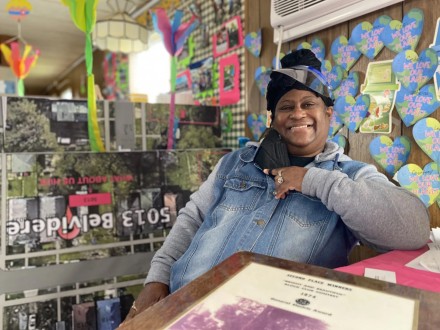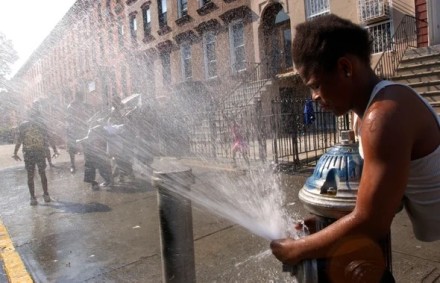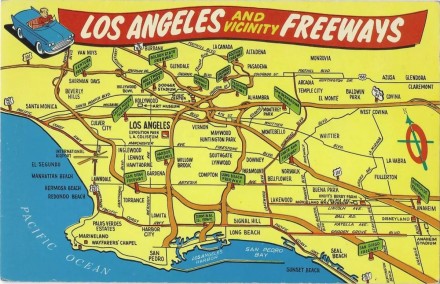Community resources
Here, we list some of the organizations in our community that are committed to empowering us all toward energy, climate, and racial justice for all. Let us know below what groups are helping you bring about more just, equitable, diverse, and inclusive society.
Wisconsin EcoLatinos
Wisconsin EcoLatinos is a nonprofit organization under fiscal sponsorship from the Center for Community Stewardship. Their work is currently focused on Southcentral Wisconsin. They are working to raise equity and increase participation in environmental quality and conservation efforts by empowering the Latino community and minorities to take action against environmental hazards affecting our community and reduce our carbon footprint.
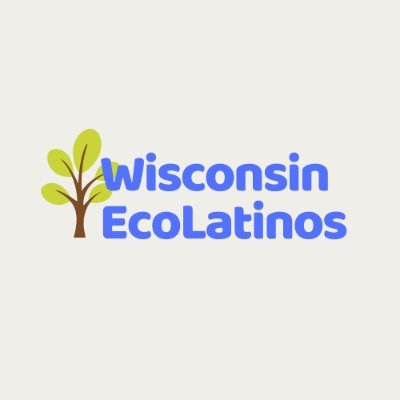
Native Renewables
Native Renewables is an indigenous-led, women-led organization working to address energy security while overcoming the trends of climate change. They are focused on increasing energy independence and access to affordable off-grid solar power on the Hopi reservation and the Navajo Nation. Their work is helping to enhance the renewable energy economy by bringing jobs, training, and electricity to tribal communities.
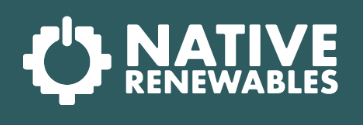
Madison Diversity Inventory
The Diversity Inventory (DI) is a searchable online database of diversity and inclusion programs, events, research, support services, and assessment on campus and in the Madison community. This centralized directory collects and reports diversity data, ultimately affecting change by connecting students, faculty, and staff to initiatives that are creating a more inclusive campus community.

Experts to follow
We are inspired by activists in academia, journalism, the nonprofit sector, and beyond who are advocating for change. Here are a few of the leaders we’re following. Let us know below who you’re following for inspiration.
Shalanda H. Baker
Before joining the Biden-Harris Administration, she was a Professor of Law, Public Policy and Urban Affairs at Northeastern University. She has spent over a decade conducting research on the equity dimensions of the global transition away from fossil fuel energy to cleaner energy resources. She is the author of over a dozen articles, book chapters, and essays on renewable energy law, energy justice, energy policy, and renewable energy development.
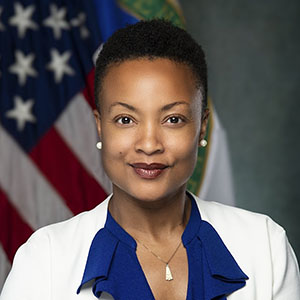
Diana Hernandez
Diana Hernandez focuses her work on the social and environmental determinants of health by querying the impacts of policy and place-based interventions on the health and socioeconomic well-being of vulnerable populations. Her community-oriented research examines the intersections between the built environment (housing and neighborhoods), poverty/equity and health with a particular emphasis on energy insecurity. Much of her research is conducted in her native South Bronx neighborhood, where she also lives and invests in social impact real estate.
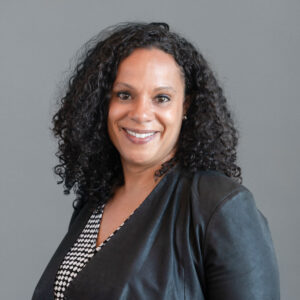
Robert D. Bullard
Robert D. Bullard is often described as the father of environmental justice. Prior to Texas Southern University, he was founding Director of the Environmental Justice Resource Center at Clark Atlanta University. He is an award-winning author of eighteen books that address sustainable development, environmental racism, urban land use, industrial facility siting, community reinvestment, housing, transportation, climate justice, disasters, emergency response, and community resilience, smart growth, and regional equity.
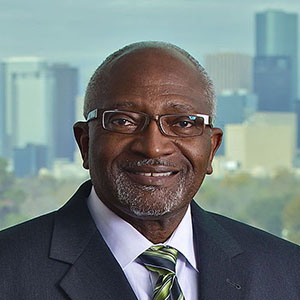
Connie Flanagan
University of Wisconsin–Madison | Associate Dean, School of Human Ecology | Vaughan Bascom Professor in Women, Family, and Community
Tony Reames
University of Michigan | Assistant Professor, School for Environment and Sustainability | Director, Urban Energy Justice Lab
Denise Abdul-Rahman
NAACP Environmental and Climate Justice Program | Regional Field Organizer for Midwest/Plains States
Forward in Energy Forum: Energy and Climate Justice
Continue the conversation
We'd love to hear from you! What are you reading related to energy and climate justice? What scholars and organizations are leading the way? Where can WEI do better in our work, and what do you want to hear from us? Send us your feedback, questions, and ideas below. We appreciate you engaging with us in this work.

